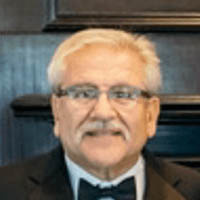Monroeville Criminal Lawyer, Pennsylvania
Sponsored Law Firm
-
 x
x

Click For More Info:
-
Sean Logue & Associates
429 4th Ave. Suite 1601 Pittsburgh, PA 15219 » view mapDUI, Sex Crimes, Drug Crimes, Expungements Phones Answered 24 Hours A Day
Our lawyers bring a thorough understanding of criminal issues to help minimize the damage that a DUI charge can bring to our clients.
412-389-0805  Sean Logue Pittsburgh, PA
Sean Logue Pittsburgh, PAAttorney At Law - Pennsylvania, 2008
West Virginia, J.D. - 2007
 Google+
Google+Visit us and follow on Google+ to interact on social media.
 Contact UsEmail or Call 24/7
Contact UsEmail or Call 24/7Free initial consultation. Contact us today.
Anthony Lewis Rosner
✓ VERIFIEDOn April 12, 2000, Attorney Rosner, upon his admission to the Bar of the State of Pennsylvania, opened his private practice as a sole practitioner and... (more)
Jeffrey S. Weinberg
✓ VERIFIEDJeffrey Weinberg is a practicing lawyer in the state of Pennsylvania. Mr. Weinberg received his J.D. from Duquesne University.


 Sean Logue Pittsburgh, PA
Sean Logue Pittsburgh, PA Contact UsEmail or Call 24/7
Contact UsEmail or Call 24/7


